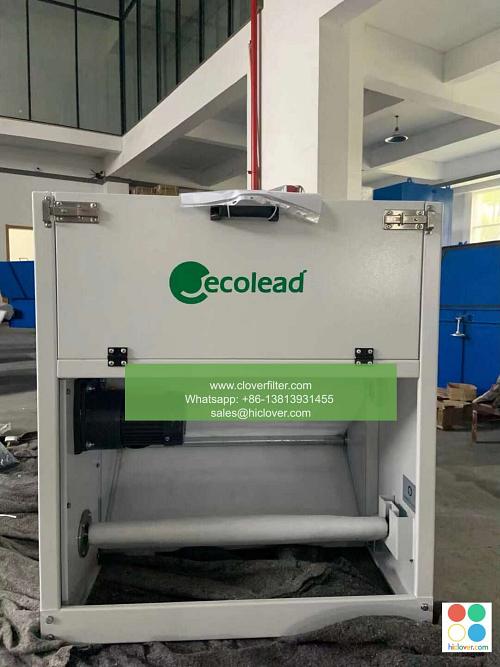Revolutionizing Water Quality: How Smart Filtration Systems are Transforming the Way We Live and Work

Access to clean drinking water is a fundamental human right, yet millions of people around the world are still without access to this essential resource. Poor water quality can have devastating consequences for human health, the environment, and the economy. However, the introduction of smart filtration systems is revolutionizing the way we think about water quality, providing a sustainable and effective solution to this global issue.
The Problem with Traditional Filtration Systems
Traditional filtration systems have been in use for decades, but they have their limitations. They often rely on physical barriers to remove impurities from water, which can be ineffective against microorganisms and chemicals. These systems also require regular maintenance, replacement of filters, and disposal of waste, which can be costly and time-consuming.
Introducing Smart Filtration Systems
Smart filtration systems are the latest innovation in water treatment technology. These systems use advanced sensors, artificial intelligence, and IoT connectivity to monitor and control water quality in real-time. They can detect even the smallest amounts of contaminants, such as lead, pesticides, and pharmaceuticals, and automatically adjust their filtering process to remove them.
How Smart Filtration Systems Work
Smart filtration systems work by continuously monitoring the water flowing through them and adjusting their filtering process to remove impurities. They use advanced sensors to detect changes in water quality, such as pH levels, turbidity, and contaminant levels. This data is then used to adjust the filtering process, ensuring that the water is cleaned to the highest standards.
The Benefits of Smart Filtration Systems
Smart filtration systems offer a range of benefits, including:
- Improved water quality: Smart filtration systems can detect even the smallest amounts of contaminants, ensuring that the water is clean and safe to drink.
- Increased efficiency: Smart filtration systems can automatically adjust their filtering process, reducing the need for manual intervention and increasing efficiency.
- Reduced maintenance: Smart filtration systems require minimal maintenance, reducing the need for filter replacements and disposal of waste.
- Cost savings: Smart filtration systems can reduce the cost of water treatment, as they can detect and remove contaminants more effectively than traditional systems.
- Real-time monitoring: Smart filtration systems provide real-time monitoring of water quality, allowing for prompt detection and response to any changes in water quality.
Applications of Smart Filtration Systems
Smart filtration systems have a wide range of applications, including:
- Residential water treatment: Smart filtration systems can be installed in homes and apartments to provide clean drinking water and reduce the risk of waterborne illnesses.
- Commercial water treatment: Smart filtration systems can be used in offices, schools, and other commercial buildings to provide clean drinking water and reduce the risk of waterborne illnesses.
- Industrial water treatment: Smart filtration systems can be used in industries such as food and beverage processing, pharmaceutical manufacturing, and oil and gas exploration to provide clean water and reduce the risk of contamination.
- Municipal water treatment: Smart filtration systems can be used in municipal water treatment plants to provide clean drinking water to entire communities.
Conclusion
Smart filtration systems are revolutionizing the way we think about water quality, providing a sustainable and effective solution to the global issue of poor water quality. With their ability to detect even the smallest amounts of contaminants, adjust their filtering process in real-time, and provide real-time monitoring of water quality, smart filtration systems are the future of water treatment. As the demand for clean drinking water continues to grow, it is essential that we adopt smart filtration systems to ensure that we have a reliable and sustainable supply of clean water for generations to come.

